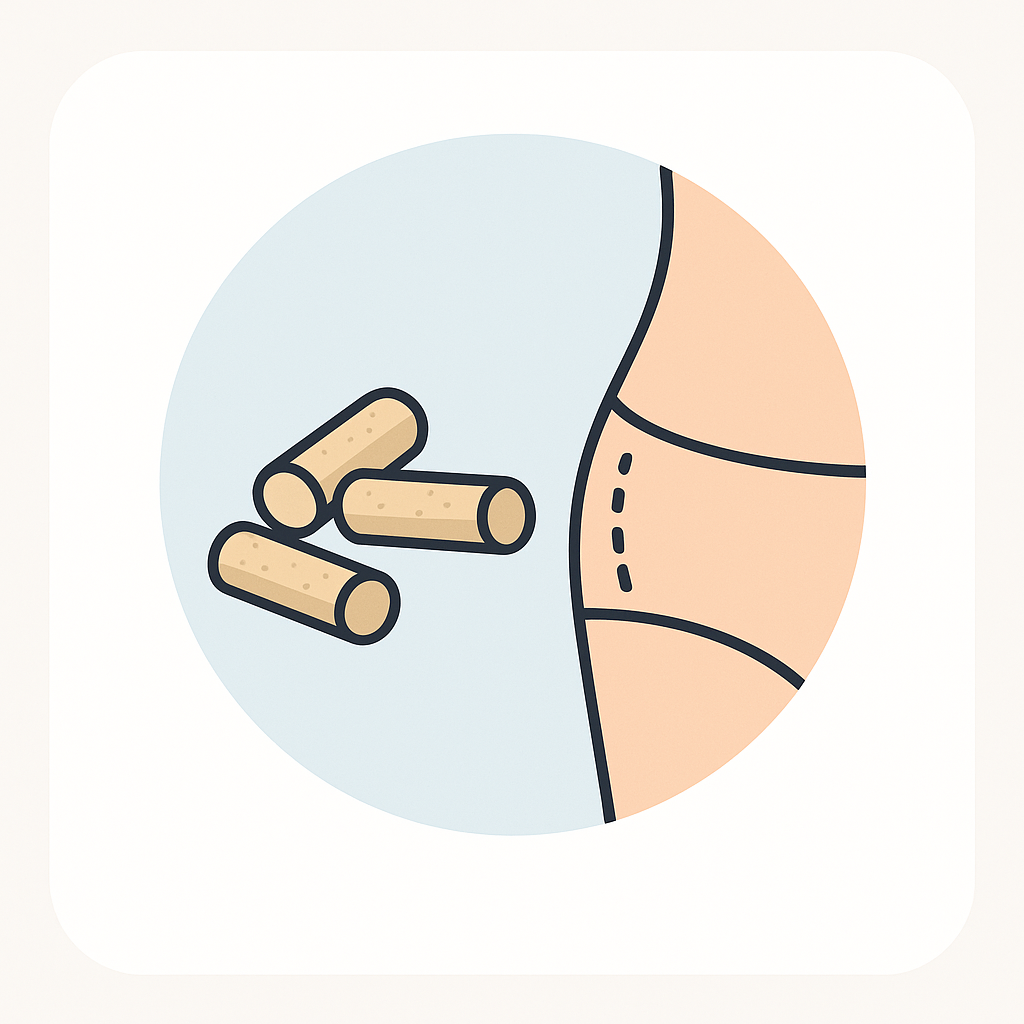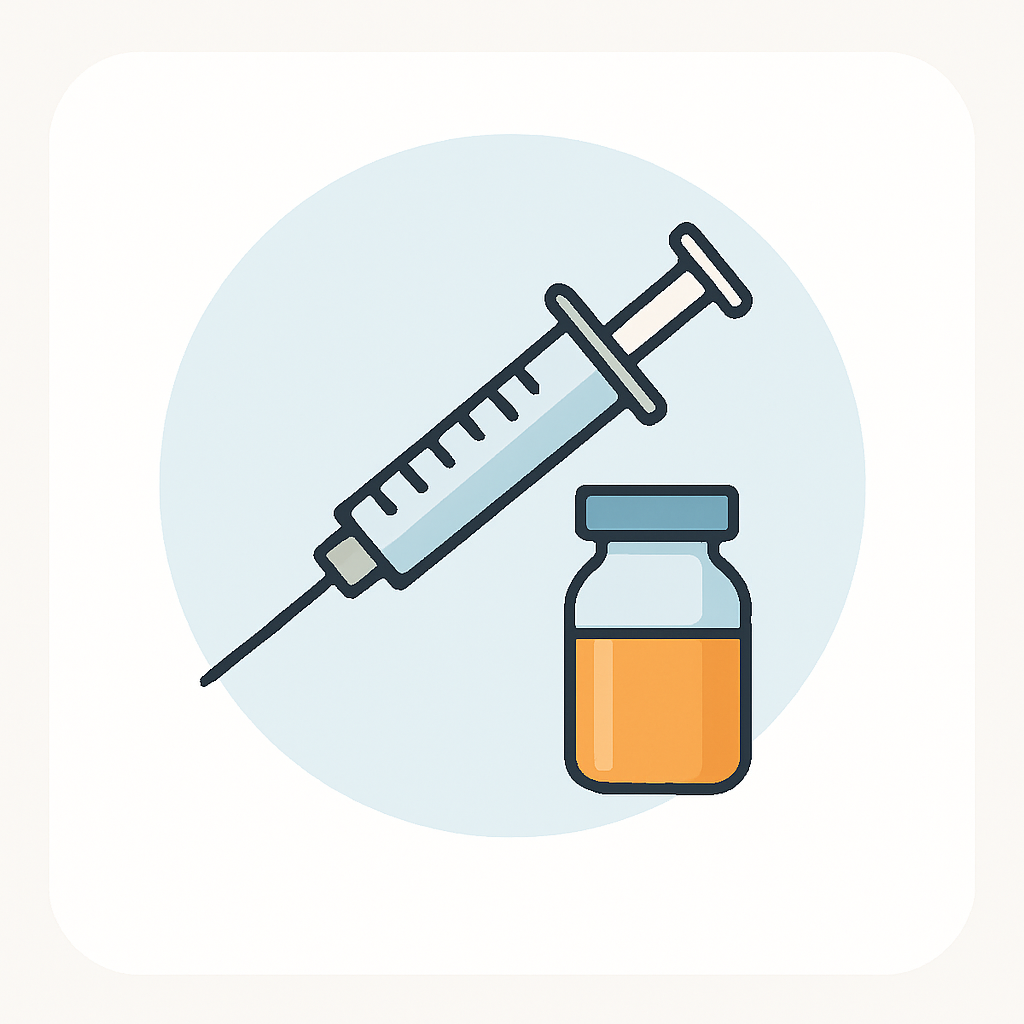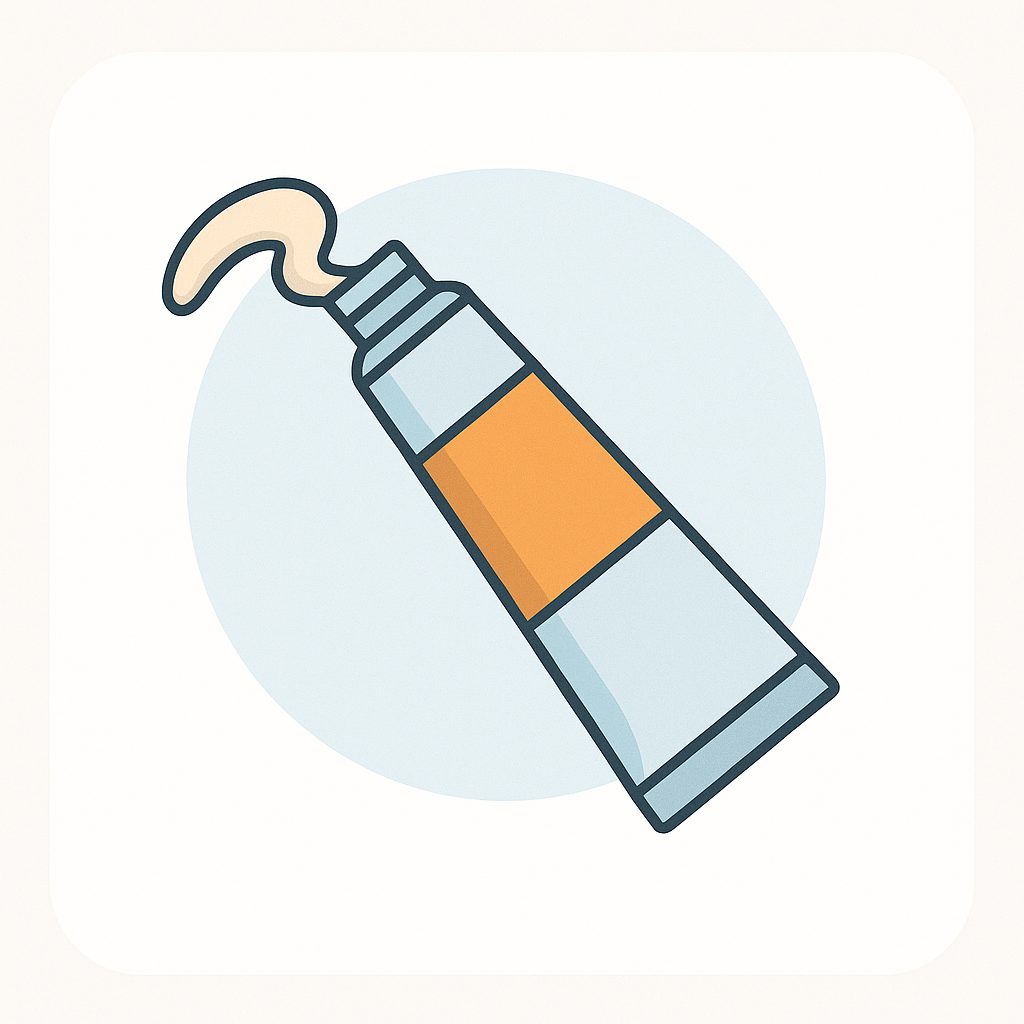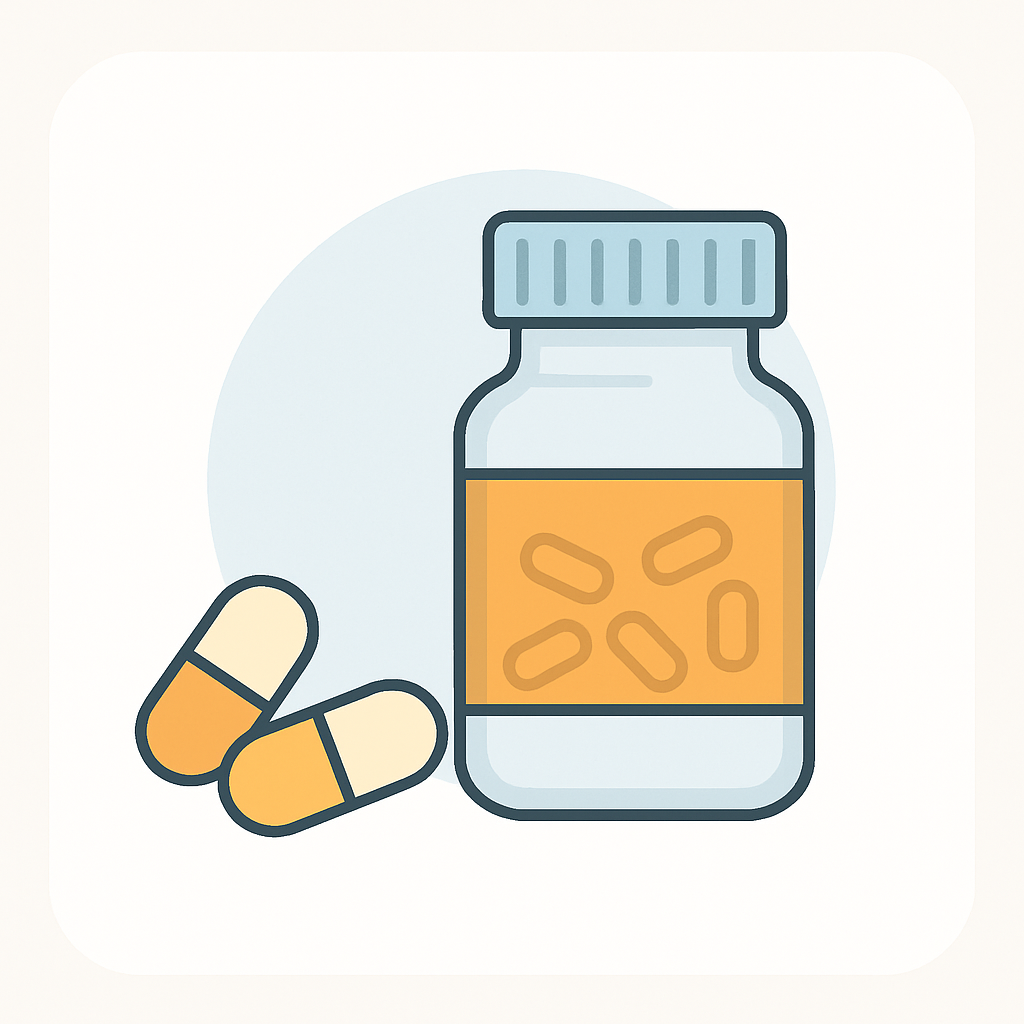Estrogen
Feeling "Off"? Your Hormones Could Be the Reason.
Fatigue. Mood swings. Weight gain. Low libido. Brain fog. These symptoms aren’t “just getting older.” They’re often signs of hormonal imbalance, and we can help you fix it.

What Are Hormones?
Hormones are chemical messengers your body relies on to regulate key systems like metabolism, sleep, energy, fertility, mood, and more. When your hormones are balanced, you feel like yourself. When they’re out of sync, everything feels harder, both physically and mentally.
Your body runs on a network of hormones, and when even one is out of balance, you can feel the difference. We help identify and optimize the levels that matter most for your health, energy, and quality of life.
Estrogen is often called the “female hormone,” but it plays a role in both women and men. In women, it regulates menstrual cycles, supports bone health, and affects mood and skin. When estrogen is too low, you may experience hot flashes, night sweats, vaginal dryness, or mood swings. Too much estrogen can also cause symptoms like weight gain or heavy cycles. Finding the right balance is key for feeling and functioning at your best.
Progesterone
Progesterone is the calming partner to estrogen. It helps regulate periods, prepares the body for pregnancy, and promotes restful sleep. Low progesterone can leave you feeling anxious, irritable, or struggling with irregular cycles and poor-quality sleep. Optimizing progesterone levels often helps patients feel calmer, more centered, and better rested.
Testosterone
Testosterone is not just for men, women need it too. It’s vital for energy, strength, libido, mental sharpness, and mood stability. Low testosterone can cause fatigue, low motivation, decreased muscle tone, weight gain, and sexual health concerns. Restoring testosterone to healthy levels can help you feel stronger, more energetic, and more confident.
Thyroid Hormones
Your thyroid is like your body’s thermostat. It controls how quickly your body uses energy, burns calories, and even how your heart and brain function. If your thyroid hormones are too low, you may feel sluggish, gain weight, experience hair thinning, or feel down. If they’re too high, you may feel anxious, sweaty, or have a racing heart. Supporting thyroid balance is often life-changing for patients who have struggled with unexplained fatigue or weight changes.
Cortisol
Cortisol is your “stress hormone.” It’s essential in small amounts helping you wake up in the morning, fight infection, and handle challenges. But too much cortisol from constant stress can cause weight gain (especially belly fat), anxiety, and poor sleep. On the other hand, low cortisol can leave you feeling wiped out and unable to cope with daily demands. Learning how to regulate cortisol is a big step in restoring balance and resilience.
Hormone Imbalance is Common


Male Symptoms
Low energy or motivation
Loss of muscle mass or strength
Weight gain
Erectile dysfunction or low libido
Irritability or depression
Decreased stamina
Poor focus or memory
Female Symptoms
Irregular periods or menopause symptoms
Hot flashes and night sweats
Fatigue or poor sleep
Mood swings or anxiety
Unusual Weight gain
Vaginal dryness
Low sex drive
Brain fog
Types of Hormone Therapy
We offer multiple options depending on your lifestyle, labs, and goals. All treatment is tailored by our licensed medical provider

Hormone Pellets
Tiny pellets placed under the skin (usually in the hip) that release hormones gradually over 3–6 months.

Injections
Especially common for testosterone therapy in men.

Creams or Gels
Applied daily and absorbed through the skin. It is ideal for estrogen, progesterone, or testosterone.

Oral Capsules
Sometimes prescribed depending on patient needs and specific hormones.
DEFINED
TREATMENT
HOW IT WORKS
01. Initial Consultation
In-depth medical history, symptoms, and discussion of goals.
02. Lab Panel
Bloodwork to measure hormone levels like Testosterone, Estrogen, Progesterone, Cortisol, DHEA, Thyroid, etc.
03. Provider Review
Interpretation of labs + custom treatment plan.
04. Begin Treatment
Selected modality begins with regular follow-up and dose adjustments.
05. Ongoing Monitoring
Routine check-ins and labs to ensure optimal balance.

frequently asked questions
What causes hormone imbalance?
Aging, stress, poor sleep, medications, environmental toxins, and underlying health conditions can all contribute.
Is hormone optimization safe?
When medically supervised and tailored to your needs, hormone therapy is generally safe. We use lab monitoring and careful follow-up to ensure your safety.
How soon will I feel results?
Some patients feel better within 1–2 weeks. Most notice major improvements within 4–6 weeks.
Do I need lab testing?
Yes. Hormone therapy should never be started without testing and provider review.
Do you treat thyroid issues too?
Yes. Thyroid hormones (like T3 and T4) play a big role in metabolism and energy. We include thyroid panels in most evaluations.
Do you accept insurance?
We offer transparent, affordable cash pricing. Some lab work may be reimbursable through insurance or HSA/FSA accounts.
